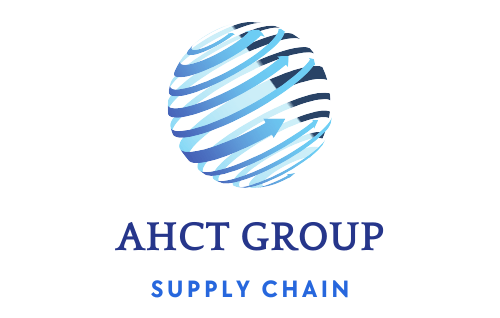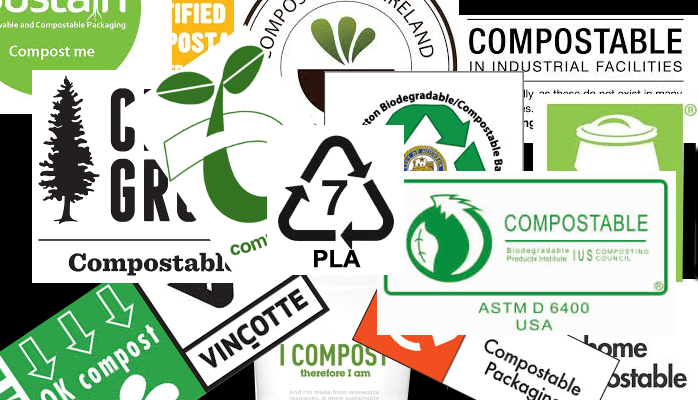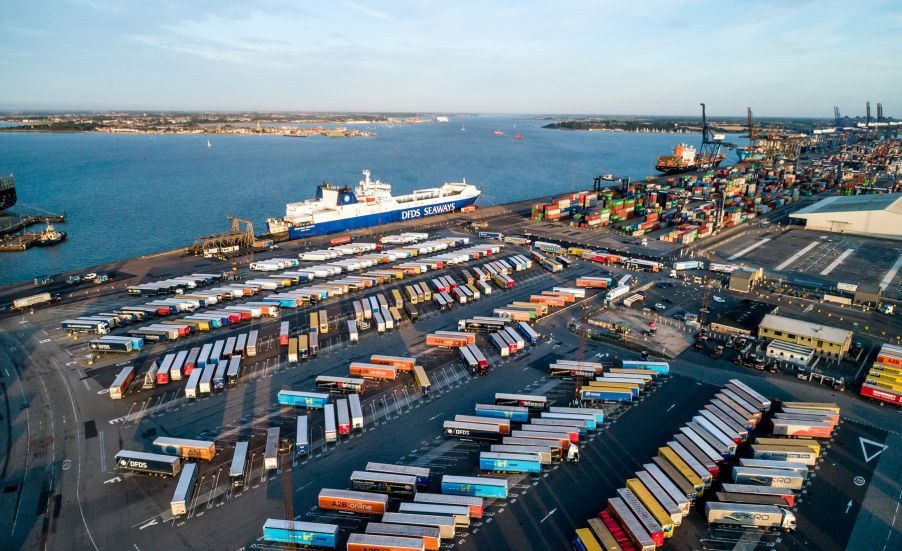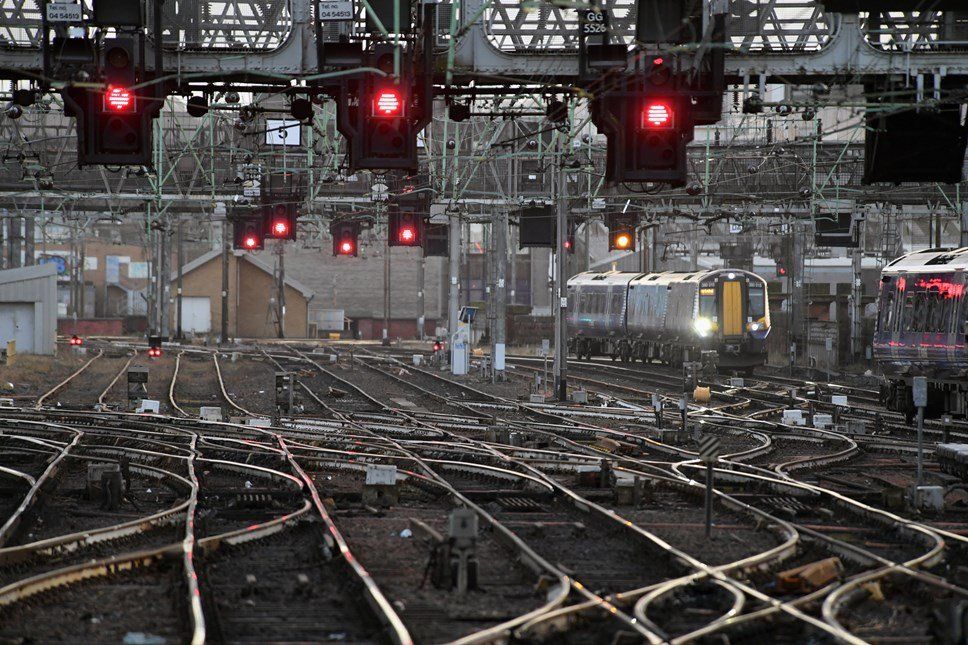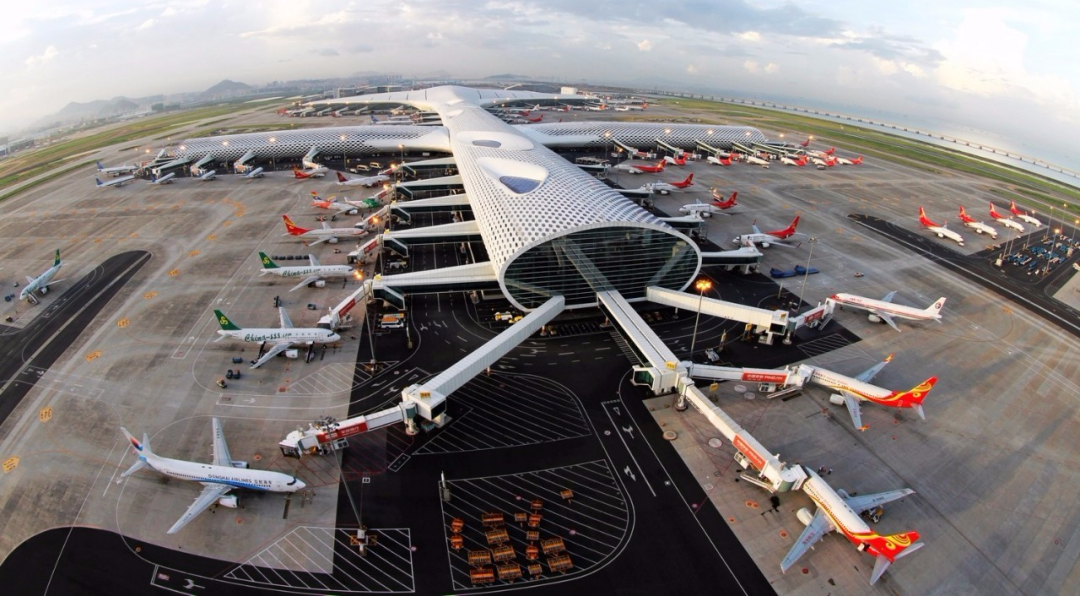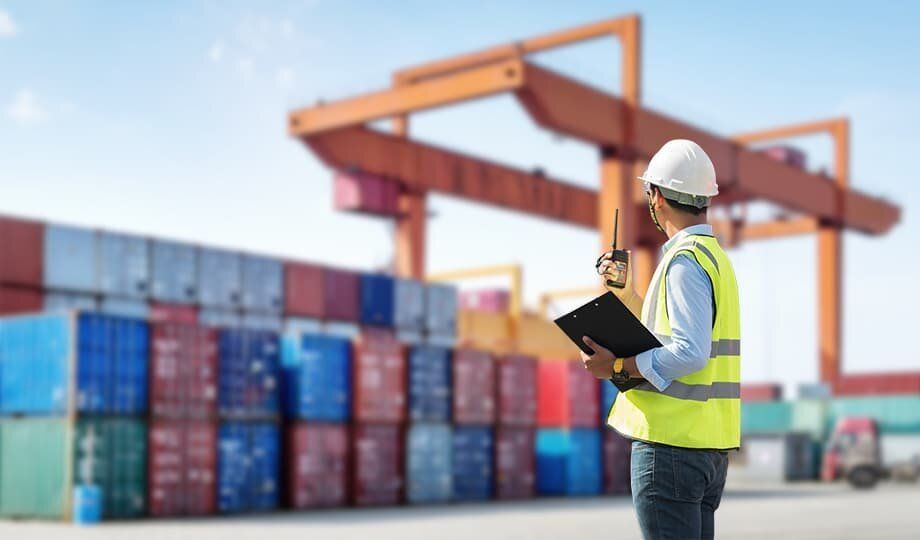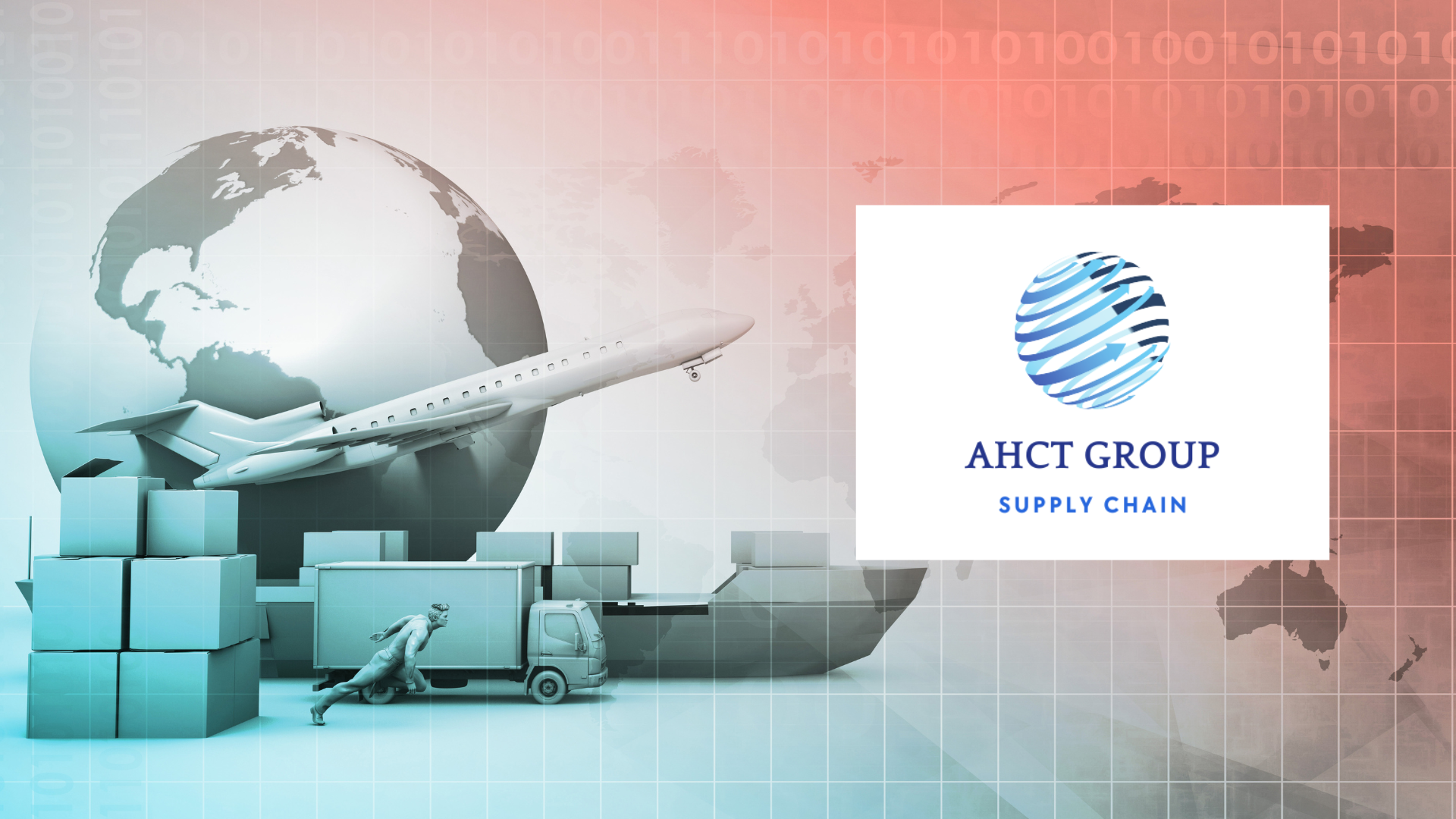AHCT GROUP NEWS
Ukrainian crisis increases uncertainty for manufacturers, increasing difficulty in logistics
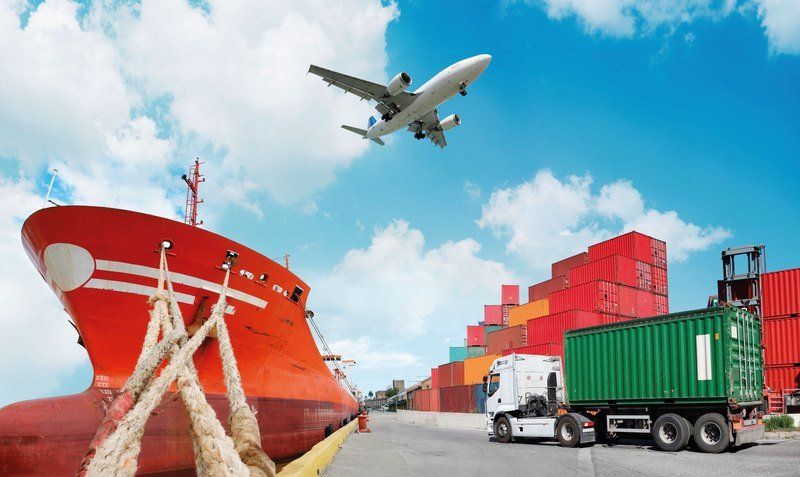
Express specialist said freight services to Ukraine have effectively stopped, and many services to Russia have been suspended.
In this context, even if British companies do not have a presence in Eastern Europe, the cost of conflict will affect them.
David Jinks MILT, head of consumer research at Express specialist, said: "What has been dubbed 'Putin's war' in Europe is sure to hurt Russia and Ukraine economically, but UK businesses are already feeling the same. to its impact.
“The invasion had a direct economic impact on Russia, which doubled interest rates on Monday to 20% before falling back to 20% after the ruble fell by as much as 30%. However, big and small, British international businesses Costs are also being calculated.
“Most international package operators have suspended services to Ukraine from February 24, and major couriers such as UPS, FedEx and TNT have also suspended international services to Russia. Most couriers will now be shipping as much as possible Items in are returned to sender.
"Logistics companies such as DHL and DSV are asking their Ukrainian employees to stay home with their families and follow instructions from local authorities."
'Ukraine is an important air corridor for European air traffic and rerouting will lead to - hopefully in the short term - loss of capacity.
'Sea freight is also affected. Ukraine's main port of Odessa, where it said two foreign merchant ships were shelled by Russian troops, was not in service. Ground cargo is being diverted through Romania, Lebanon and Greece.
“Container shipping company Ocean Network Express (ONE) has now suspended container bookings to and from Russia just hours after Maersk said it was considering doing so.
“Most major Eurasian rail freight services (about 95%) do not pass through Ukraine. Direct freight trains enter Ukraine through its border with Poland, but these are mainly war materiel.
“It wasn’t just physical sales to Russia that were affected. After those countries removed selected Russian banks from the Swift messaging network and froze the assets of the Russian Central Bank, UK, EU and US companies operating electronic services in Russia Payments blocked. Cards issued by VTB Group, Sovcombank, Noikombank, Promsvyazbank and Otkritie are no longer available to Russian customers trying to pay for Netflix subscriptions or to access paid services from Apple and Google.
E-commerce is also affected. Etsy has waived all fees owed by Ukrainian sellers totaling about $4 million, and eBay.com has announced that it has suspended its Global Shipping Program service in Ukraine and Russia.
'Looking beyond the immediate logistical problems for deliveries, it is likely UK businesses will see an increase in costs because of a rise in diesel and petrol prices. Even though the UK is nowhere near as dependent on Russia for oil and gas as the EU, increased demand is pushing up prices everywhere. For example, diesel is now at 154.72p per litre, says the RAC.
'Food retailers are likely to see an increase in prices. The Russia-Ukraine plains were once called "the breadbasket of Europe". The area exports about a quarter of the world's wheat and half of its sunflower products, such as seeds and oil. In addition, Ukraine sells a lot of corn globally. Some analysts are predicting a doubling of global wheat prices.
‘Ukraine has a very large heavy-industry base and is one of the largest refiners of metallurgical products in Eastern Europe. It’s also well-known for its production of high-tech goods and transport products, such as aircraft.
‘There are five industries where the share of Russian exports to the EU is significant: textiles, pharmaceuticals, electrical equipment, machinery and transport equipment. Supply chains and costs could be impacted in all these sectors.
UK car manufacturers such as Jaguar-Land Rover have halted all deliveries to Russia, while Mini has had to suspend production for five days because of the “ongoing parts supply situation, now including the conflict in Ukraine”.
'How much could all this cost UK businesses? It's too early to tell but, during the far smaller Ukraine conflict of 2014, a report by the Vienna Institute of International Economic Studies said Germany lost around £2.51bn (EUR 3 billion), followed by Italy, which lost around £1.17bn (EUR 1.4 billion). France, Great Britain and Poland each lost around £0.67bn (EUR 0.8bn). The current conflict is on a far larger scale and the economic sanctions imposed on Russia are far more severe, so expect these numbers to be the tip of the iceberg.
AHCT Group 1/03/2022
